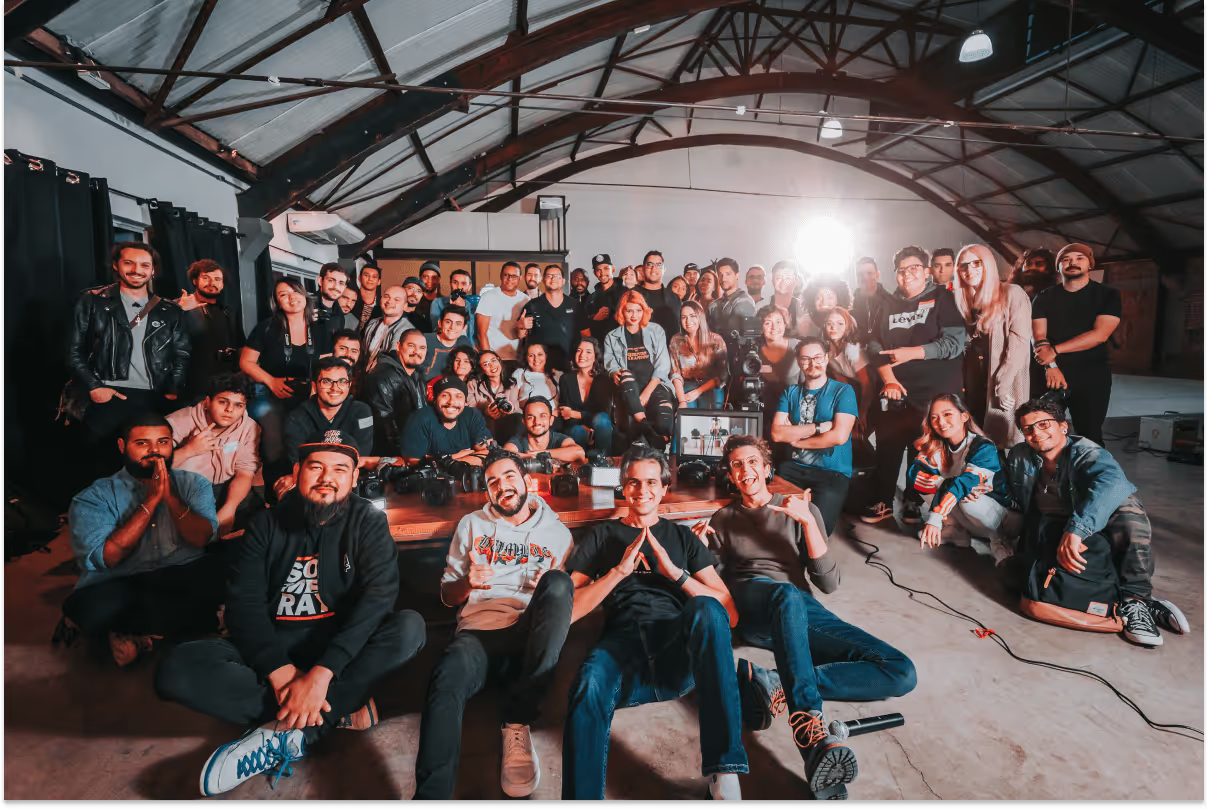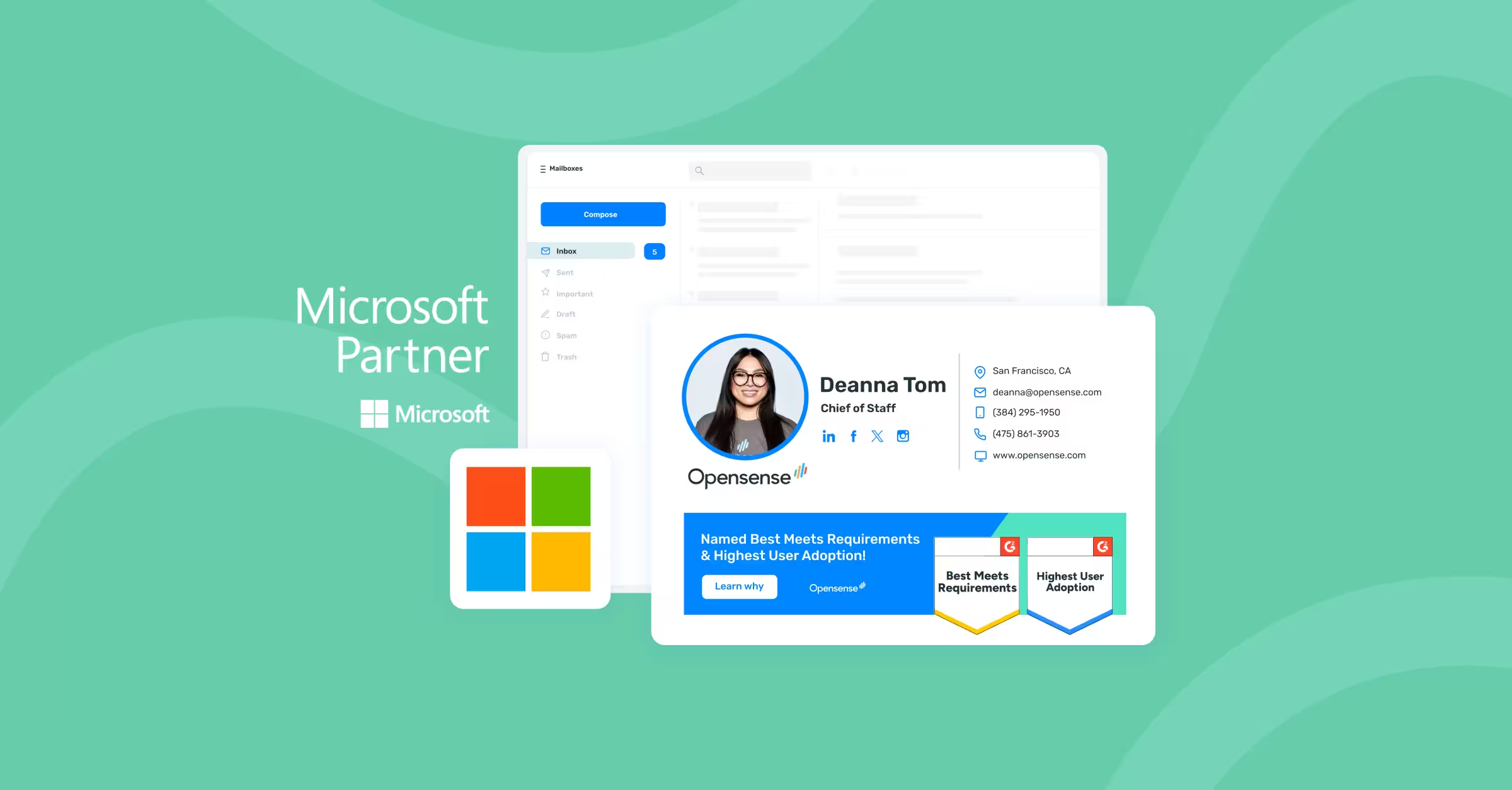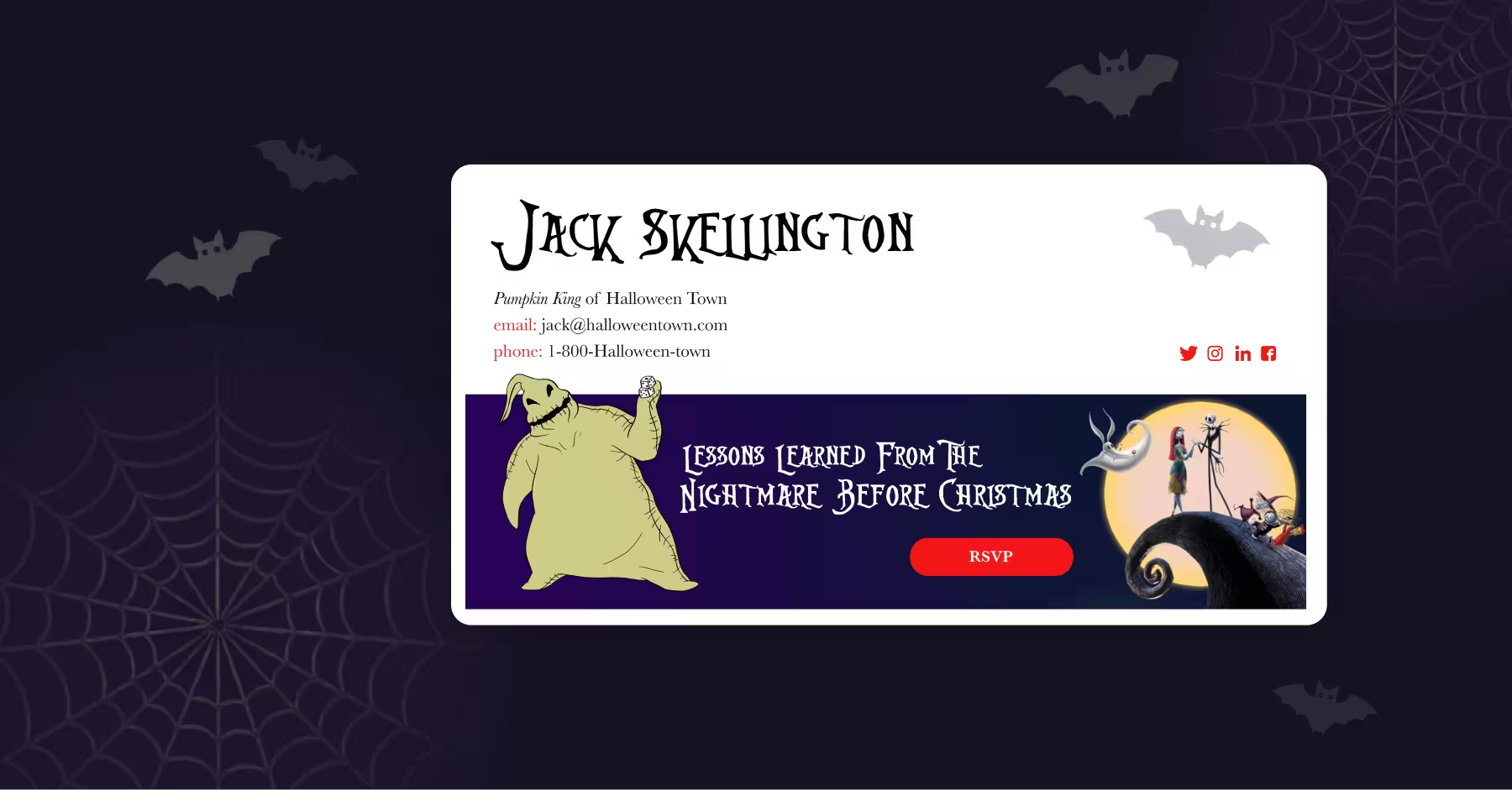
How Employee Relationships Help Brands Win Big - 8 Marketing Leaders Weigh In
Your employees are the face of your brand. The puzzle pieces that make up your brand’s presence within your niche and contribute to the impact your brand has on your target audience. In fact, employees are often the driving force behind B2B connectivity and unique positioning opportunities among the competition. The real MVPs that give your brand personality that sets it apart from the rest of the B2B world.
Companies like Refine Labs, Lavender, and GONG have already leveraged their employees to amplify their brands and achieve massive success. It's clear: your team has the potential to be a powerful component and an integral part of your overall brand strategy.
At the recent B2B Marketing Exchange (#B2BMX) event in Scottsdale, industry titans like HubSpot, Uberflip, and Airmeet shared their insights on prioritizing employees as a component of their brand. They echoed our belief that people are the backbone of brands. By tapping into your team's experiences, perspectives and relationships, you can create welcoming, authentic, and credible touchpoints for your customers and audience.
So what’s the secret to leveraging employee relationships to amplify your brand? You’re going to want to soak up this advice…
Hear from the experts and learn how to make every employee a brand builder.
Nick Bennett, Sr. Director of ELG & Evangelism at Airmeet
It's simple for B2B businesses to be lost in the noise in a world filled with brand spam. Consumers are inundated daily with marketing messages, making it challenging for B2B businesses to stand out. The answer? Give your brand a face. B2B businesses can forge closer connections with their target market and forge more solidified bonds by emphasizing the people behind the brand. There's a real power in brand-building from the inside out.
Hillary Carpio, Senior Director ABM at Snowflake
Your employees, especially your sales reps, ARE the face of your brand. If the messaging and experience your audience receives from their interactions with the front-line sales team do not match that of your larger brand, you have a missed opportunity and a disconnected experience. But by aligning them, you multiply the impact of your complimentary brand and marketing efforts, reinforcing the message you want to resonate.
Randy Frische, Chief Evangelist, President & Co-Founder at Uberflip
All they really want is relevant content. Whether that’s your buyer, customer, or next big advocate. If marketers can realize that people will both share and engage. This means marketers need to create compelling assets and package them in a way that is easy to share and appears relevant to the audiences we share them with. This will mean the content experience needs to have elements of AI personalization to adapt where possible the company it’s targeting down to the selection of correlated content assets recommended next. When this happens your team starts sharing for relevance vs views and clicks.
Jodi Cerretani, VP Revenue Marketing at RollWorks
The core role of a leader is all about discovering points of leverage; leveraging your team’s resources on the lowest effort/highest impact work, leveraging how you spend your own time, and not to be forgotten, leveraging your own employees to become brand advocates. Leaders aren’t alone in their sphere of influence, and especially for larger companies, there is power in numbers. By enabling your employees to not just spread company culture, but the value of your product or offering through social media, community, self-published content, etc. — you’re tapping into a ‘free’ lever that can have limitless reach. As amplifiers, it's key to tap into their collective voice to represent your company as well as their personal brand. End of day? It’s a win-win.
Kelly Sarabyn, Platform Ecosystem Advocate at HubSpot
The best way for organizations to leverage their employees to amplify their brand is to create a customer-centric, supportive culture where employees feel genuinely connected to the work they are doing. This will lead to organic amplification and word of mouth. More tactically, creating opportunities for employees to amplify the company's work can help to scale this effect: providing lazy social copy, creating campaigns and events that are fun to share, and rewarding employee-driven referrals with prizes or bonuses, for example.
Amber Rhodes, Social Media & Communications Manager at UserGems
Companies should encourage their teams to build personal brands and enable them with the resources to do so. Companies that restrict their employees on social media will soon be left behind in the race for brand awareness! This approach isn't just cheaper and more sustainable than paid channels alone, but offers so many more opportunities to amplify your brand.
At UserGems, we leverage an employee advocacy program to boost brand awareness. We noticed that our social posts that got the most interaction and engagement focused on people, not ideas. This led us to the hypothesis that helping our employees build a presence on LinkedIn would amplify our brand by association — and so far, we have experienced significant growth on LinkedIn thanks in part to our employee advocacy program.
Our approach—to put the employee's personal brand goals first—has a dual effect of empowering employees to build their LinkedIn presence for their own personal and professional development, all while raising awareness for UserGems as a whole.
David Morris, Experiential Consultant at NYCAP3D
It's basic psychology. If you treat people right, they'll give you loyalty. Employees want to be valued, and customers want to do business with companies that genuinely value their employees. Chick-fil-A and Chipotle are great examples of this. If you care about your customers buying your product, then your first priority should be how your customers are being serviced and who is servicing them.
Christina Garnett, Principal Marketing Manager, Offline Community & Advocacy at HubSpot
Employee advocacy offers a key unlock for brands who want to inspire trust and positive sentiment. Obviously, brands will tell you how great they are, but it's the customer and employee voice that will be believed. People trust other people, whether it's through social proof or review sites like Glassdoor. If you want a human connection with your audience and customers, expect them to see certain employee faces as part of the brand and their way to personally have a relationship with the brand itself.
Make your employees stars of the show.
People do business with those they know and trust, which is why the engine of your brand and the star of your show is actually your employees. Serving as a trustworthy, familiar entity, your organization’s people have the power to impact the bottom line.
The shift where people are the main focus of a brand narrative - the employees, the customers, and their stories, is in full motion. And we're ready for it.
PS. If you missed out on this year’s incredible B2BMX event in Scottsdale, be sure to catch up with us at Forrester B2B Marketing Summit in Austin, Texas on June 5th.


.svg)



.svg)



